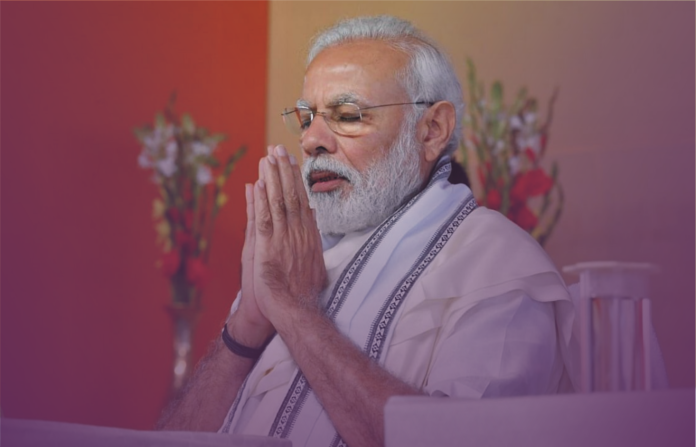India’s Ministry of Home Affairs announced the implementation of a contentious citizenship bill that excludes Muslims. Rules will implement the 2019 Citizenship (Amendment) Act. Religious minorities including Hindus, Sikhs, Buddhists, Jains, Parsis, and Christians from Afghanistan, Bangladesh, and Pakistan can become citizens faster under the law. It specifically excludes Muslims, prompting protests and unlawful claims.
Opposition groups argue that the law marginalizes India’s 200-million Muslims. Before India’s general election, as Modi seeks a historic third term, the bill will be implemented.
Amit Shah, Indian Home Minister, complimented Modi for delivering constitutional obligations to neighboring religious minorities. Critics say the measure undermines India’s secular roots by reflecting the BJP’s Hindu nationalist agenda. The Hindu right-wing BJP has been accused of prioritizing Hindu interests over minority rights.
Under Modi, India’s secular and democratic values appear to be eroding. Growing tensions and conflicts in many places over the contentious law raise fears about religious minority’ marginalization. Two mosques in Uttarakhand and Delhi were razed last month, causing curfews and rioting.
Modi unveiled a magnificent Hindu temple on the site of a 16th-century mosque demolished by Hindu hardliners 30 years earlier in January. The event was applauded by many Hindus, but also highlighted religious tensions and warned Muslims of the BJP’s growing problems. The citizenship bill’s implementation complicates India’s religious and minority rights discussion.

Published:


